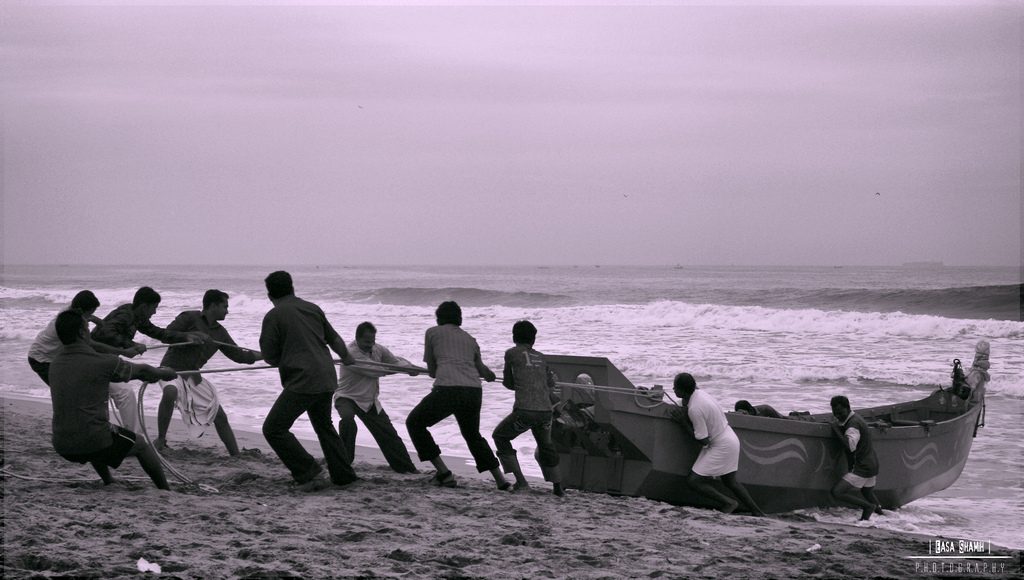This blog post was inspired by a session on assessing team processes that I attended at the Festival of Learning.
The session presenters were from Royal Roads University (RRU) where teamwork is the pillar of most programs. Because teamwork is such an integral part of their course and program design, and because teamwork also presents many challenges, the Coaching & Counselling Centre (CCC) and Centre for Teaching and Education Technology (CTET) have partnered to develop resources and workshops to help students and faculty members improve team-based learning1 at RRU.
Below are some notes and learnings from the session on assessing team processes:
- When instructors design a project that involves teams, they often measure outcomes and not process. Yet, assessing the process matters; by gaining insight into how teams function and how individual members contribute, one can build healthier teams.
- Resources from TeamsWork, the RRU initiative, can be found here. They include workshop slides, activities, information from the literature and more. This site is worth exploring!
- ITP Metrics is a Canadian site that provides free “team dynamics diagnostics, peer feedback, and behavioural assessments.” I had a chance to review a sample report and was impressed. The reports are free because the work is associated with a funded research project.
- Some advantages of team work can be found here.
Other resources this session inspired me to look into:
- We often use the term ‘team’ when we mean ‘group’. Interested in some differences? See here.
- Carnegie Mellon’s Eberly Center for Teaching Excellence & Educational Innovation has some terrific resources on group work, including a number of inventories and assessments.
- The Association of American Colleges & Universities has a helpful and detailed teamwork rubric available for download.
- iPeer is an open source web application that allows instructors to develop and deliver rubric-based peer evaluations.
- Kahoot.com is a free online tool that can be used to engage students/workshop participants in active learning (we used this at the Festival session; the downside is that results are in a spreadsheet).
If you have resources to share, please leave them in the comments or be in touch with me via Twitter or email.
- ‘Team-based learning’ in the context of RRU is not the same as the Team-Based-Learning developed by Larry Michaelsen.
